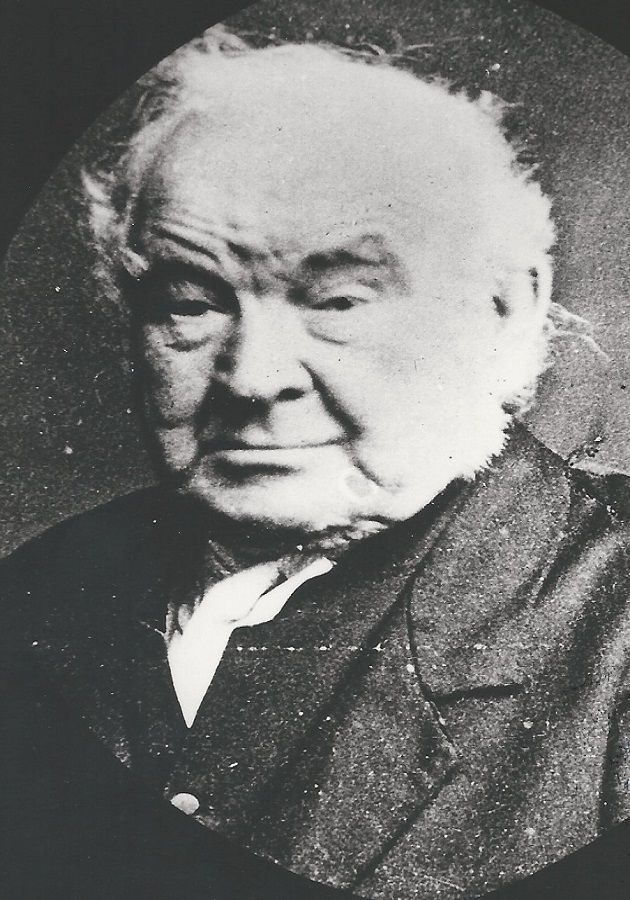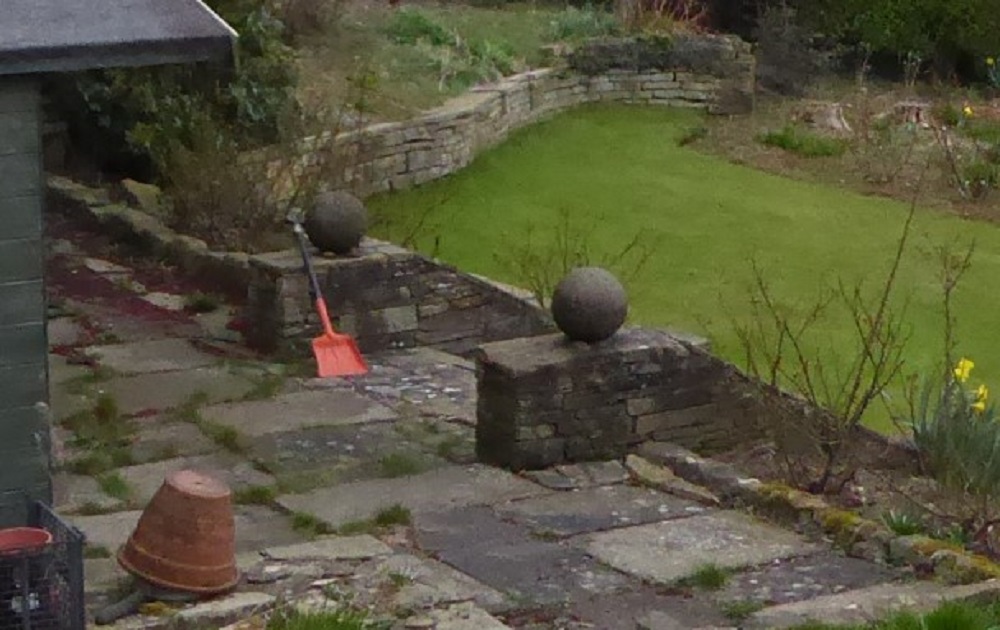| Title | William Starkey |
| Date | 1801 – 1879 |
| Location | Yeadon |
| Photo ID | A147 |
| Comment | William Starkey (b1801) was a cloth merchant, staunch Wesleyan and local preacher. He built Leafield Mill on Kirk Lane, Yeadon in an attempt to prove his theory of perpetual motion. The mill was built with four storeys to accommodate the apparatus for a perpetual motion engine. This was the method he wanted to use as cheap power for the mill. On the bottom floor a large circle of stones projected out, this was supposedly to house an enormous wheel which would have been the lynch-pin of the motion machinery. The wheel would have hollow “S” shaped spokes in which iron balls would roll around thus moving the wheel. No iron founder could be found willing to cast such a huge wheel so his theory was never put to the test. He donated £50 towards the cost of building Yeadon Town Hall but died on 21st of March 1879, a year before the Town Hall opened. The mill passed into the hands of James Ives & Co., and was demolished in 1984. A housing estate is now on the land , a large stone bearing the mill name is set into a perimeter wall on Kirk Lane. |
Peter Ellwood’s Garden – Undated
The donor of this phot, Peter Ellwood told us that his father, Ken Ellwood, had bought these two iron balls sometime in the late 1980s.
They had been cast to be part of a perpetual motion engine which William Starkey had proposed building at Leafield Mill (built 1869 ).
The idea was so impractical no foundry could cast the necessary huge wheel components, James Ives & Co took over the mill in 1884.
Peter would like to know where his father could have bought these balls and if any other balls or relics still exist from Starkey’s scheme. The two iron balls Ken purchased are seen here in his garden.
Consolidated by Jack Brayshaw. 04 November 2021.
Last updated: 04 November 2021.


